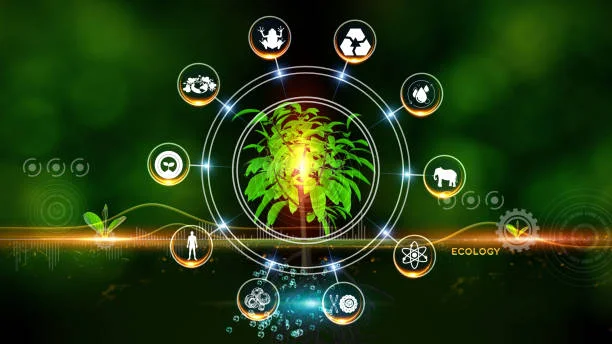When it comes to feeling energized throughout the day, most people think of sleep, caffeine, or exercise. But the truth is, your body’s energy levels depend heavily on tiny but powerful nutrients called micronutrients. These include vitamins and minerals that fuel your cells, support your metabolism, and ensure your body runs efficiently. Without them, even the healthiest lifestyle can leave you feeling drained.
Which micronutrients are most important for energy?
The most crucial micronutrients for energy production are B vitamins (especially B12 and B6), magnesium, iron, and vitamin C. These nutrients help convert food into energy and ensure your cells get the oxygen and fuel they need.
Why Micronutrients Matter for Energy?
Micronutrients act as the “spark plugs” of your body. They don’t provide calories themselves, but they enable the biochemical processes that release energy from carbohydrates, proteins, and fats. Deficiency in any of these nutrients can lead to fatigue, poor focus, and reduced physical performance.
Key Micronutrients That Boost Energy
1. B Vitamins – The Metabolism Boosters
B1 (Thiamine), B2 (Riboflavin), B3 (Niacin), B6, B12, and folate all play roles in converting food into usable energy.
Vitamin B12 in particular is essential for red blood cell production and neurological function.
2. Iron – The Oxygen Carrier
Iron helps transport oxygen in the blood via hemoglobin.
Low iron levels can cause anemia, leading to weakness, dizziness, and exhaustion.
3. Magnesium – The Energy Enabler
Magnesium is involved in over 300 enzymatic reactions, many of which regulate energy production.
A lack of magnesium can lead to muscle fatigue and low stamina.
4. Vitamin C – The Iron Absorption Helper
Vitamin C not only strengthens immunity but also boosts iron absorption.
It also helps reduce oxidative stress, keeping cells healthier and more efficient.
Signs You Might Be Deficient in Energy-Boosting Nutrients
- Constant fatigue despite rest
- Pale skin and frequent dizziness (iron deficiency)
- Muscle cramps and weakness (magnesium deficiency)
- Brain fog and poor memory (B vitamin deficiency)
How to Ensure You’re Getting Enough?
- Eat a varied diet: Include leafy greens, whole grains, legumes, lean meats, nuts, and seeds.
- Supplement wisely: If diet alone isn’t enough, a balanced multivitamin or targeted supplement can help. Trusted sources like Vitauthority provide high-quality, safe options.
- Regular blood tests: Checking nutrient levels can identify hidden deficiencies.
Conclusion
Energy isn’t just about how much you sleep or exercise—it’s also about how well your body converts fuel into power. By making sure you get enough B vitamins, iron, magnesium, and vitamin C, you can support your body’s natural energy production and feel more alert, focused, and strong throughout the day.
💡 For more insights into micronutrients and energy, check out 5 signs your body is low on collagen and related wellness tips.
Note: This article is for informational purposes and not medical advice. Consult a qualified professional for personal guidance.
Curated stories await—tap Explore More and fuel your curiosity today.






